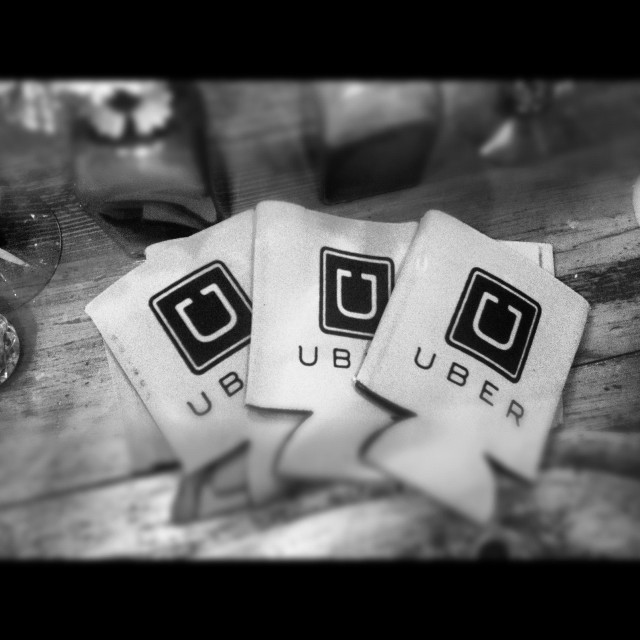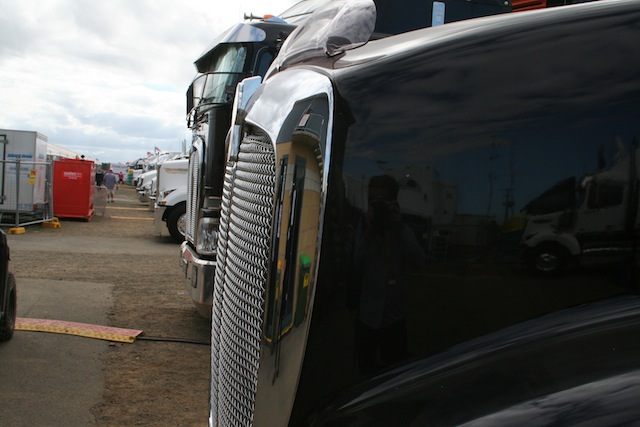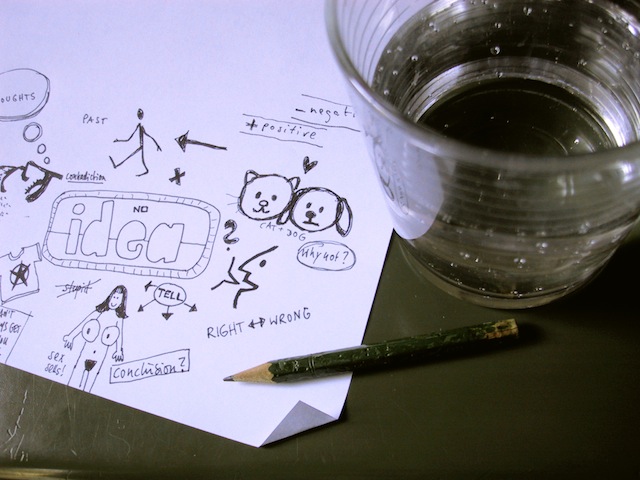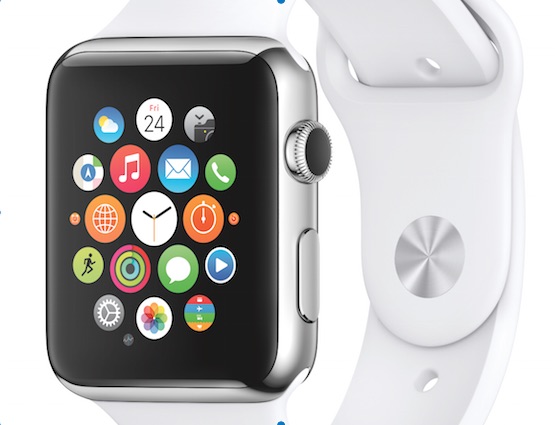“We’re building the cities of the future” claims David Plouffe, Uber’s Senior Vice President for Policy & Strategy.
Plouffe was speaking in Uber’s head office ahead of this year’s Dreamforce conference where the transportation disrupter was announcing the next phases of its Uber Business service.
While western societies still remain car dependent, there’s a shift underway as people prefer to live in the cities rather than the suburbs and the far flung exurbs, particularly for younger people. “For my generation it was a big deal to get a car,” says the 48 year old Plouffe. “Millennials today don’t have that same identification – they don’t want to own a car.”
That shift, which is not just confined to millennials, presents challenges for cities believes Plouffe. “Cities need to support people who are moving in at historic rates,” he says. “Our cities are facing huge challenges.”
“Every city is facing congestion challenges which will only get worse over the next ten to fifteen years as the number of people moving into the world cities at a historic pace.”
“Most cities do not have the will or the money to build new public transportation systems,” Plouffe says. “The only way they are going to deal with this is for people to buy less cars, families to only have one car and to reduce the number of cars on the road.”
Not surprisingly, Plouffe sees this as being where Uber can help in expanding accessible and affordable transport to parts of cities which are unlikely to get public transit and to increase the carrying capacity of existing infrastructure.
This is an interesting point of view and one that has some validity if we accept the view that ‘on-demand’ services like Uber and others are actually aimed at all groups and not just the affluent upper middle classes and the rich.
For cities struggling to meet the demands of growing populations and shrinking budgets, services like Uber and Lyft may be part of the answer. That though will take some reform and a change of attitude from many regulators.




